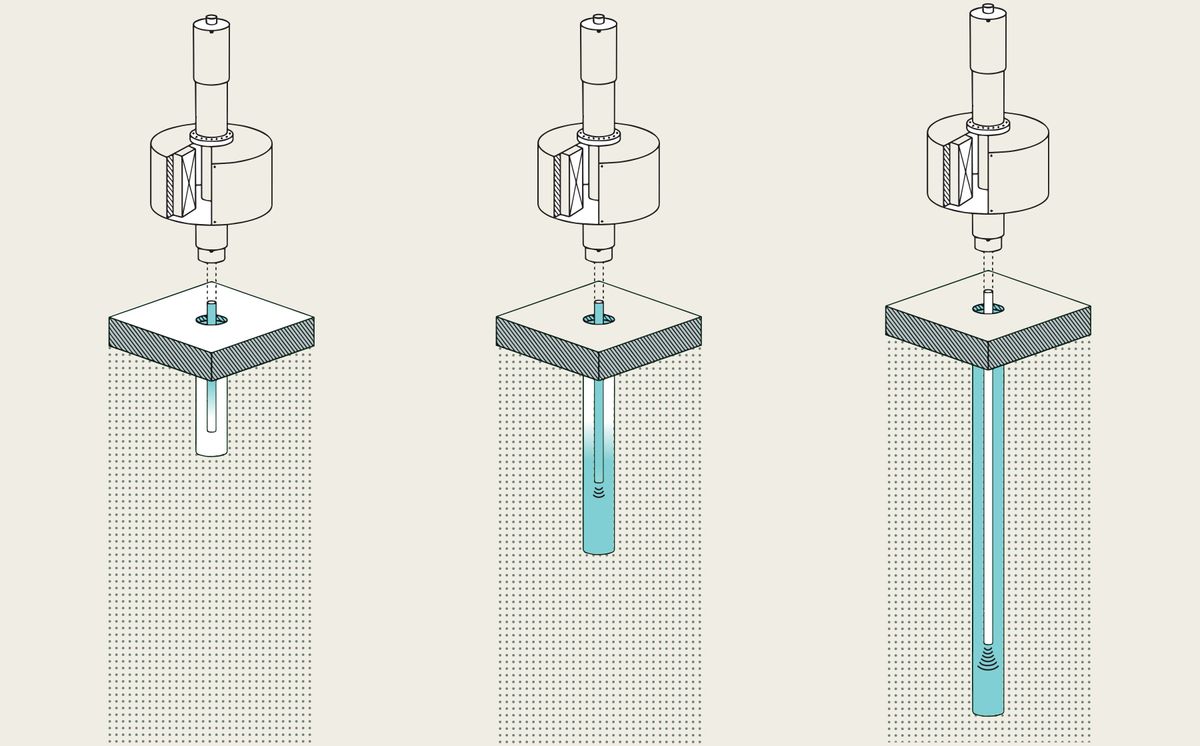In 2001 the new Bush Administration snatched victory from the hands of U.S. Justice Department officials when it settled a three-year antitrust battle with Microsoft after the department had already won the case. The Justice Department’s antitrust division went into near-dormancy after that, but today, eight years later, antitrust is back in the headlines.
A month after the Justice Department began investigating antitrust claims against IBM and Sony disclosed it was under antitrust investigation for possible price-fixing, New York State attorney general Andrew Cuomo filed a major antitrust suit against Intel.
The Intel lawsuit comes hard on the heels of the European Commission’s record-setting fine of €1.06 billion (US $1.45 billion), imposed on Intel for antitrust practices, specifically for giving “loyalty” rebates or discounts to customers who agreed to use fewer (or none) of competitor AMD’s products. And despite a joint announcement yesterday that Intel and AMD are settling their differences and moving forward peacefully, the outstanding government lawsuits against Intel aren’t likely to be going away. The settlement “doesn’t change the evidence at all,” says John Peirce, an antitrust lawyer and partner at Bryan Cave.
Bloggers point out that New York’s Cuomo is using much of the same evidence as the European Commission, and more, with the U.S. Federal Trade Commission’s investigative aid.
But is the European example a good predictor for how the suit will go down in the U.S.?
In 2004, the EU's European Commission fined Microsoft US $613 million for violating EU antitrust laws, a decision the US DOJ criticized, rather than following suit. Of course, that was in the middle of the Bush Administration’s anti-antitrust fervor (or is it antitrust antifervor?).
More to the point, as uslaw.com pointed out at the time of the EU’s Intel case, there are some key differences between the EU and U.S. antitrust systems. While then-U.S. Justice Department antitrust attorney Tom Barnett took some heat for criticizing the EU Microsoft decision in 2004, his pronouncements at least
had the benefit of informing U.S. companies that they would not adopt the European approach, and that U.S. law was importantly different because it required a more rigorous form of economic analysis and more substantial evidence of consumer harm rather than speculative possiblity [sic] theorems coupled with harm to competitors.
Though Barnett was speaking from the Bush administration perspective, which was fairly lax on antitrust, one point is still worth noting: Obama’s Justice Department will have to make a case that consumers were substantially harmed by Intel’s actions during a time when PC and laptop prices plummeted.
So what about now? New York attorney David Mazur suggests that the European case against Intel still might not pave the way:
Individual judges and regulators have widely varying opinions as to the appropriateness of using foreign court decisions as precedent (or even as a definitive statement of the facts), and it’s very possible that Intel was implementing different strategies in dealing with European OEMs.
And Bryan Cave's Peirce points out that while the EU regulators expressed “a good deal of skepticism” about Oracle’s takeover of Sun Microsystems in April, the Obama Justice Department decided it wasn’t a problem, and the merger took place. “If they were going to be hawkish,” Peirce says, “I’d expect to see them aligned with Brussels. And they’re not.”
So while the Obama administration has indicated a more aggressive stance toward business practices of companies with huge market share, Peirce thinks “it’s too early to say” which way they’ll swing on antitrust. “They haven’t done anything yet,” says Peirce. And “a government investigation doesn’t mean that anybody has done anything wrong.”
Still, the road won’t be easy for Intel, and the NY AG’s suit is a major hurdle. According to the Huffington Post:
Technology analyst Rob Enderle said Intel may be facing a harder fight this time. He said the company worked through its problems "elegantly" in the 1990s, but has become "much more combative" in the past decade in its dealings with regulators. "This could represent one of the biggest dangers that Intel has ever faced," Enderle said.
If and when the administration decides to take concrete action on antitrust cases, Mazur concludes,
The Obama administration will not only have leeway to determine which companies are investigated, but will also influence how to deal with adjudicated monopolists. For example, though the Clinton administration had been pursuing a structural remedy in the Microsoft case (breaking the company up), the Bush administration took this option off the table, opting instead to pursue behavioral remedies (drawing up an agreement that limits the way the company can act).
Some business executives aren’t waiting to get nervous. In an interview this week with CNET, Google CEO Eric Schmidt acknowledged what CNET called the company’s “new role as the No. 1 target for U.S. antitrust regulators.”



